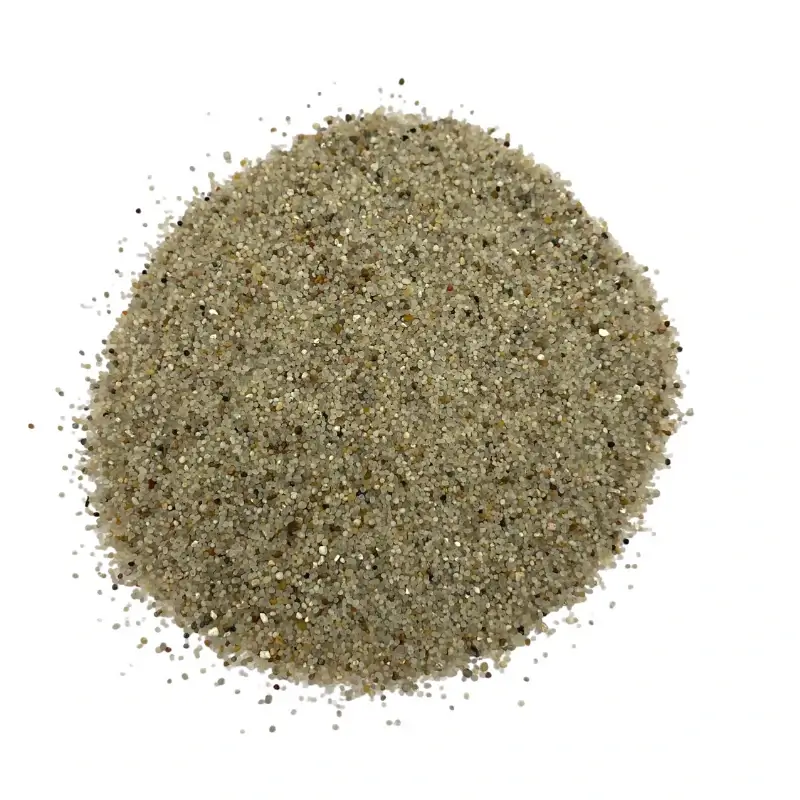
Natural Silicon Carbide | Properties, Applications, and Benefits
Exploring Natural Silicon Carbide Properties, Applications, and Benefits
Natural silicon carbide (SiC) is a remarkable compound that has gained significant attention in various fields due to its unique properties and applications. It occurs in nature as the mineral moissanite and can also be synthetically produced. This article explores the characteristics, uses, and advantages of natural silicon carbide.
Properties of Natural Silicon Carbide
Natural silicon carbide is composed of silicon and carbon atoms arranged in a crystal lattice structure, giving it exceptional hardness and thermal stability. It is one of the hardest known materials, surpassed only by diamond, making it highly resistant to wear and abrasion. SiC exhibits a high melting point of approximately 2,730 degrees Celsius, which contributes to its ability to withstand extreme conditions. Furthermore, silicon carbide is an excellent thermal conductor while being an electrical insulator, making it an attractive material for various technological applications.
Applications of Natural Silicon Carbide
One of the most significant applications of natural silicon carbide is in the abrasive industry. Its hardness makes it ideal for grinding, cutting, and polishing a wide range of materials, including metals, glass, and ceramics. SiC is also used to manufacture grinding wheels, sandpapers, and cutting tools, providing efficient and durable solutions for surface finishing tasks.
Another important application of natural silicon carbide is in the field of electronics
. With the advent of modern technology, there has been a growing demand for materials that can operate efficiently at high temperatures and voltages. Silicon carbide is increasingly being used in the production of power electronic devices, such as transistors and diodes. These devices are essential for renewable energy systems, electric vehicles, and high-voltage applications, allowing for faster switching speeds and reduced energy losses compared to traditional silicon-based components.natural silicon carbide

Moreover, natural silicon carbide has found its place in the jewelry industry. Moissanite, a gemstone variety of silicon carbide, is renowned for its brilliance and durability. It has gained popularity as an ethical and affordable alternative to diamonds, appealing to environmentally conscious consumers.
Benefits of Utilizing Natural Silicon Carbide
The use of natural silicon carbide presents numerous benefits. Its exceptional hardness and thermal stability translate to longer-lasting tools and components, ultimately reducing operational costs for industries that rely on them. Furthermore, the energy efficiency of SiC-based electronic devices can lead to significant energy savings, contributing to a more sustainable future.
In addition, the increasing use of moissanite in jewelry promotes the idea of ethical sourcing, as it can be produced without the environmental and social issues often associated with diamond mining. This growing awareness among consumers fosters a shift towards more responsible consumption patterns.
Conclusion
Natural silicon carbide is a versatile compound with a wide range of applications, from abrasives and electronics to sustainable jewelry. Its impressive properties make it a material of choice in various industries, paving the way for innovations that promote efficiency and sustainability. As research continues, the potential applications and benefits of natural silicon carbide are likely to expand, solidifying its role as a vital material for the future.
Share
-
Premium Pigment Supplier Custom Solutions & Bulk OrdersNewsMay.30,2025
-
Top China Slag Fly Ash Manufacturer OEM Factory SolutionsNewsMay.30,2025
-
Natural Lava Rock & Pumice for Landscaping Durable Volcanic SolutionsNewsMay.30,2025
-
Custom Micro Silica Fume Powder Manufacturers High-Purity SolutionsNewsMay.29,2025
-
Custom Mica Powder Pigment Manufacturers Vibrant Colors & Bulk OrdersNewsMay.29,2025
-
Custom Micro Silica Fume Powder Manufacturers Premium QualityNewsMay.29,2025






